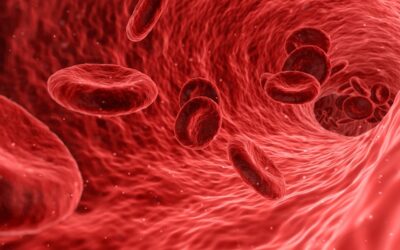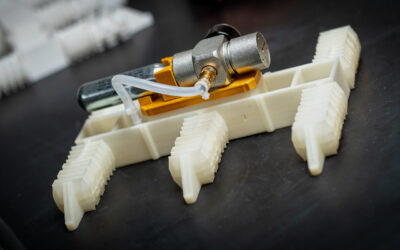Nanomedicine approaches have emerged as vital technologies for cancer therapy. Nevertheless, to date, low anti-cancer efficacy and considerable toxic side-effects still remain major challenges in nanomedicine for cancer therapy, likely due to factors such as low blood circulation stability of nanovehicles, premature drug release at undesirable sites, low tumor accumulation of drugs, and unsufficient intracellular drug delivery.
Accordingly, smart nanoscale carriers that stably load drugs in blood circulation and spontaneously release the payloads in desirable pathological sites in response to a specific bio-trigger are of great interest for intelligent drug delivery. For this purpose, He and co-workers have designed and developed a novel type of disulfide core-crosslinked polyurethane micelle (CCL-PUMs) that are stable in normal phosphate buffer saline (PBS) but are de-crosslinked and become unstabilized in response to an intracellular reducing agent, glutathione (GSH). After a broad-spectrum anti-cancer drug, doxorubicin (DOX), was loaded into the crosslinked nano-carriers, the drug release was selectively triggered under the condition mimicking intracellular micro-environment.
Notably, although DOX-loaded CCL-PUMs displayed lower cytotoxicity in vitro compared to either free DOX or DOX-loaded uncrosslinked polyurethane micelles, the drug-loaded CCL-PUMs showed the highest anti-tumor efficacy with reduced toxicity in vivo. Since enhanced anti-tumor efficacy and reduced toxic side effects are key aspects of efficient cancer therapy, the novel reduction-responsive CCL-PUMs may hold great potential as a bio-triggered drug delivery system for cancer therapy.
















